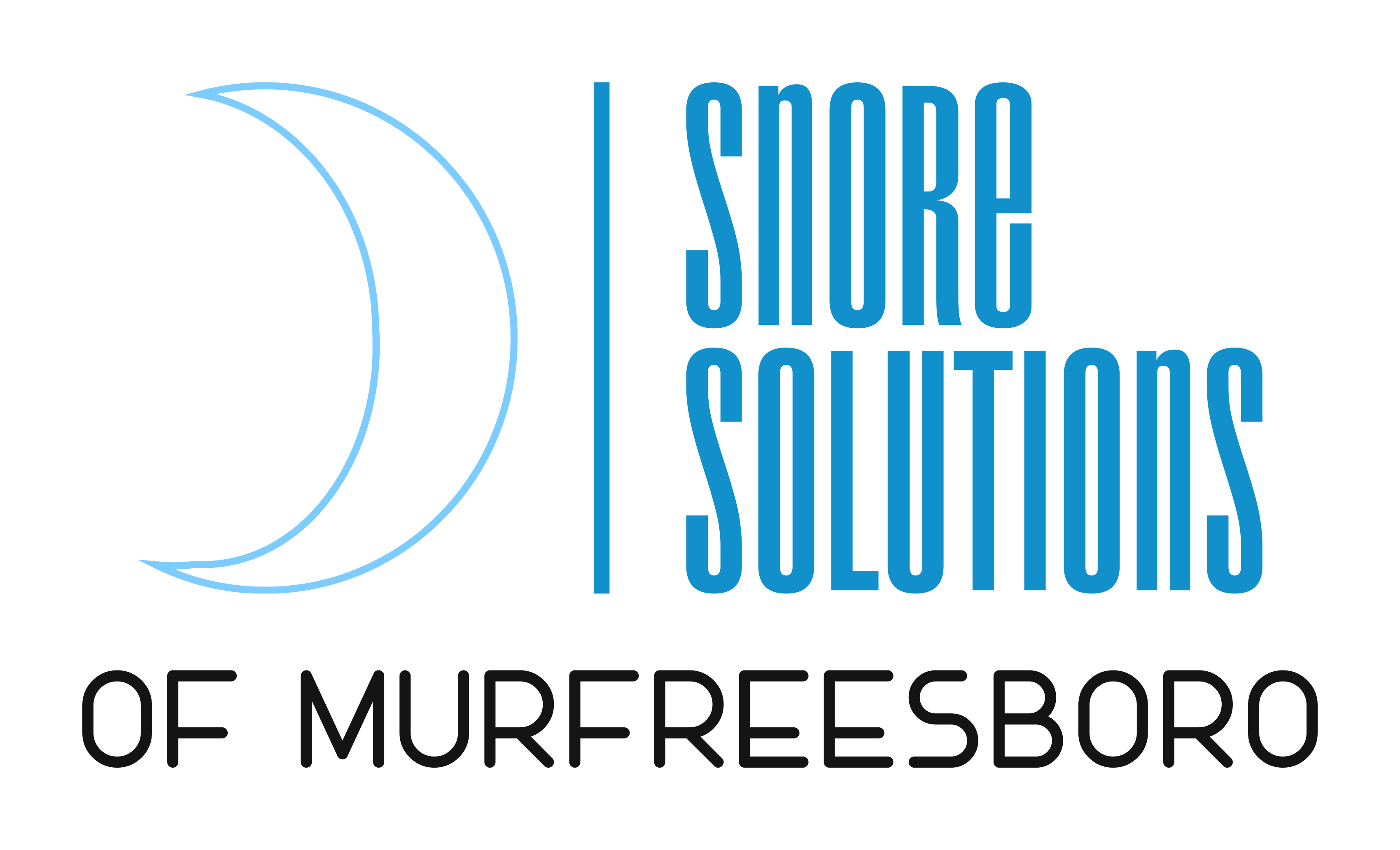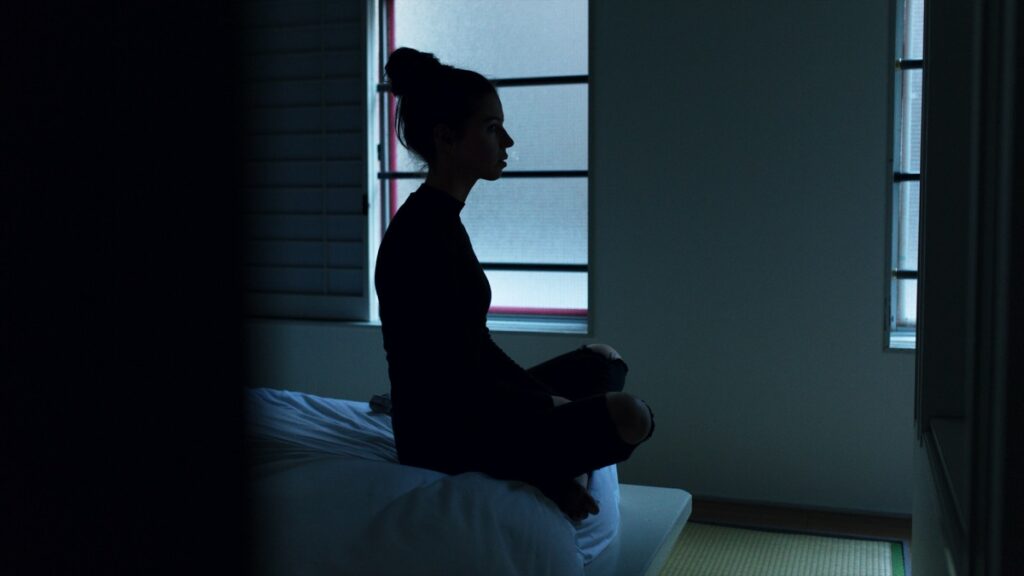Individuals experiencing issues with snoring are not alone in their struggles. This article delves into the underlying causes of snoring, lifestyle modifications that can mitigate this condition, medical devices specifically developed to tackle snoring, alternative remedies like natural supplements and therapies, and indications for seeking medical intervention in cases of persistent snoring.
Whether the aim is to gain a comprehensive understanding of the issue or to explore practical solutions, this article provides a comprehensive resource for addressing snoring-related concerns.
The Causes of Snoring
Snoring represents a prevalent issue that impacts a considerable number of individuals and can substantially disrupt the quality of sleep. This condition is frequently attributed to a variety of factors, including airway obstructions, sleep disorders such as sleep apnea, and mouth breathing during sleep.
Understanding the Root of the Problem
To effectively address snoring, it is imperative to comprehend the root causes, which frequently encompass a blend of anatomical and lifestyle elements including nasal congestion, airway obstructions, and sleep apnea.
The occurrence of snoring can be directly impacted by the physical structure of the nasal passages and throat. For example, if the nasal pathways are congested as a result of allergies or sinus conditions, the airflow may become constrained, leading to vibrations in the tissues located at the rear of the throat during respiration. Furthermore, an obstructed airway, often triggered by factors like enlarged tonsils or a deviated septum, can also contribute to the audible sound of snoring. Conditions such as sleep apnea, characterized by the intermittent cessation and resumption of breathing during sleep, are closely associated with persistent snoring.
Identification of symptoms such as excessive daytime fatigue, episodes of gasping for air while asleep, or interruptions in breathing may serve as indicators of a potential underlying issue necessitating medical intervention.
Lifestyle Changes to Reduce Snoring
Implementing targeted lifestyle modifications can have a substantial impact on the reduction of snoring. These modifications may include weight loss, adjustments in sleeping positions, and enhancements in sleep hygiene practices. Collectively, these changes can improve the overall quality of sleep and decrease the frequency of snoring episodes.
Dietary and Sleeping Habits
Dietary habits and sleeping positions are pivotal factors in mitigating snoring. For instance, adhering to a healthy diet and abstaining from alcohol consumption prior to bedtime can mitigate airway obstructions. A well-balanced diet rich in fruits, vegetables, and whole grains offers essential nutrients that foster overall health and aid in reducing airway inflammation, potentially diminishing the occurrence of snoring.
Conversely, the ingestion of alcohol in close proximity to bedtime results in the relaxation of throat muscles and disruption of the normal sleep cycle, thereby escalating the likelihood of snoring. Plus dietary considerations, the sleeping position chosen also impacts snoring. Sleeping on one’s back may cause the tongue and soft tissues of the throat to collapse, causing airway obstruction and resulting in snoring.
Preferring side sleeping or utilizing pillows to elevate the head can facilitate the maintenance of an open airway and decrease snoring. Establishing sound sleep hygiene practices, such as adhering to a consistent sleep schedule, creating a comfortable sleep environment, and managing stress levels, is imperative for overall sleep quality and can also yield a beneficial effect on reducing snoring.
Medical Devices for Snoring
A variety of medical devices exist to alleviate snoring, encompassing advanced solutions such as CPAP machines tailored for sleep apnea management, as well as more straightforward remedies like nasal strips and mouthpieces engineered to maintain airway patency during sleep.
Types of Devices and How They Work
Various types of anti-snoring devices are available to address the issue of snoring, each tailored to target specific causes. These devices include continuous positive airway pressure (CPAP) machines, mouthpieces, nasal strips, chin straps, snore guards, and tongue retaining devices.
CPAP machines, frequently prescribed for individuals with sleep apnea, operate by delivering a consistent airflow pressure through a mask worn over the nose or mouth during sleep. This airflow pressure serves to maintain an open airway, thereby preventing breathing interruptions characteristic of sleep apnea.
Mouthpieces, also referred to as mandibular advancement devices, are crafted to position the jaw forward, thus preventing the tongue and soft tissues in the throat from collapsing into the airway.
Conversely, nasal strips are adhesive strips applied to the nose to facilitate the opening of nasal passages, thereby enhancing breathing and diminishing snoring.
Alternative Remedies for Snoring
Plus medical devices, a range of alternative remedies can offer relief from snoring. These remedies encompass home remedies, herbal treatments, and targeted exercises intended to enhance the musculature involved in the process of breathing.
Natural Supplements and Therapies
Natural supplements and therapies, such as herbal remedies and throat exercises, provide supplementary avenues for alleviating snoring by targeting underlying causes without the necessity of medical equipment.
Herbal remedies like peppermint oil and eucalyptus have the potential to alleviate nasal congestion, facilitating better breathing and reducing the propensity for snoring. Concurrently, throat exercises, such as vocalization of vowels and engagement in tongue twisters, serve to fortify the musculature in the throat and oral cavity, consequently enhancing the airflow dynamics during periods of rest.
The adoption of these natural modalities into one’s daily regimen not only addresses the symptomatic manifestations of snoring but also fosters holistic respiratory well-being. This holistic approach contributes to the improvement of the quality of sleep and the enhancement of overall physiological welfare.
When to Seek Medical Help for Snoring
Understanding the appropriate time to seek medical assistance for snoring is essential, especially when the snoring is accompanied by symptoms suggestive of sleep apnea, such as pronounced daytime fatigue, persistent loud snoring, or noticeable interruptions in breathing during sleep.
Signs of a More Serious Issue
It is critical to recognize the indicators of a more severe issue related to snoring, such as frequent night-time awakenings, excessive daytime sleepiness, and loud snoring, in order to facilitate prompt diagnosis and treatment.
If an individual or a family member exhibits these symptoms, it is imperative to undergo a medical assessment to investigate potential conditions such as sleep apnea. A common diagnostic method for sleep apnea is a sleep study, also referred to as a polysomnography, which monitors various parameters during sleep. Throughout a sleep study, specialists analyze breathing patterns, brain activity, heart rate, and other essential factors to ascertain the presence and severity of sleep apnea.
Seeking assessment at a sleep disorder clinic for a thorough evaluation and individualized treatment options can significantly enhance one’s quality of life and overall well-being.
Frequently Asked Questions
What are some common lifestyle changes that can help reduce snoring?
Some lifestyle changes that can help reduce snoring include losing weight, quitting smoking, avoiding alcohol and heavy meals before bedtime, and sleeping on your side instead of your back.
Do anti-snoring devices really work?
Yes, there are many anti-snoring devices available in the market that can effectively reduce or stop snoring. However, the effectiveness may vary for each individual and it’s important to consult with a doctor before using any device.
Can allergies or sinus problems contribute to snoring?
Yes, allergies and sinus problems can cause congestion in the nasal passages, which can lead to snoring. It’s important to treat these conditions to help alleviate snoring.
Are there any natural remedies for snoring?
Yes, some natural remedies for snoring include using essential oils, practicing throat exercises, and using nasal strips or dilators to improve airflow. However, it’s important to consult with a doctor before trying any natural remedies.
What are the different types of medical devices used for snoring?
Some common medical devices used for snoring include mandibular advancement devices, tongue retaining devices, and continuous positive airway pressure (CPAP) machines. The type of device recommended will depend on the individual’s specific snoring issue.
Can snoring be a sign of a more serious health condition?
In some cases, snoring can be a sign of a more serious health condition such as sleep apnea. It’s important to consult with a doctor if snoring is causing disruptions in sleep or if it is accompanied by other symptoms such as daytime fatigue or gasping for air during sleep.

